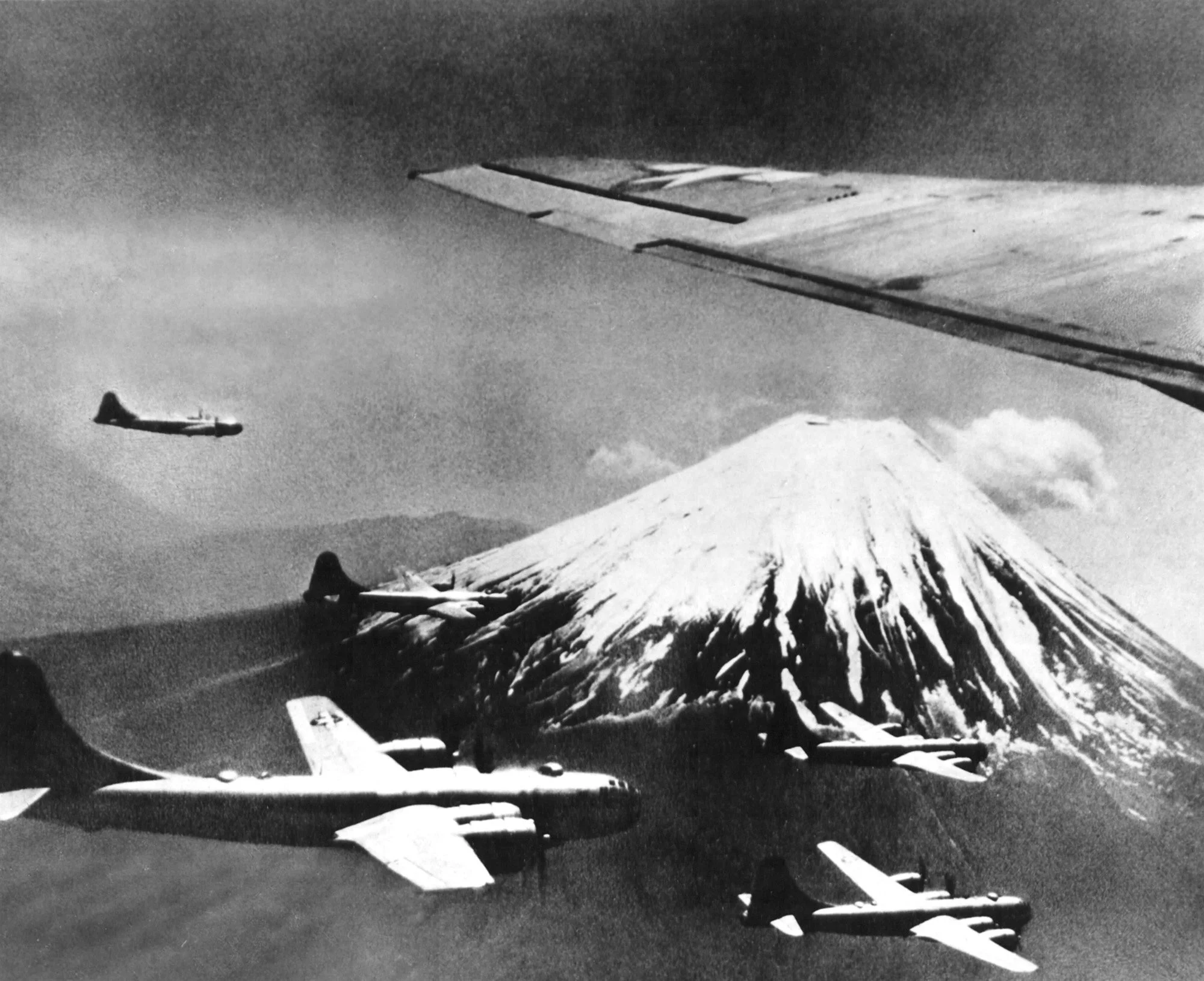On “The Bomber Mafia”
“All war is absurd. For thousands of years, human beings have chosen to settle their differences by obliterating one another. And when we are not obliterating one another, we spend an enormous amount of time and attention coming up with better ways to obliterate one another the next time around. It’s all a little strange, if you think about it.”
- Malcolm Gladwell, The Bomber Mafia
The Bomber Mafia by Malcolm Gladwell is the first audiobook I’ve finished. I’ve tried listening to a few but couldn’t seem to get over the fact that I’d be missing out on one of my favorite parts of reading - actually reading the printed book! But The Bomber Mafia is no ordinary audiobook. This one intrigued me because Gladwell and his production team, Pushkin Industries, developed this story as an audiobook first, rather than the typical process of writing the book and then creating the audiobook.
The Bomber Mafia is composed of several layers of audio including Gladwell’s interviews with experts, the Air Force’s archival audio of officers oral histories, as well as eyewitness accounts. Combined with music, sound effects, and historical news reels, the book is an immersive audio journey strung together by Gladwell’s concise and intelligent narrative.
The Bomber Mafia centers on a group of U.S. Air Force officers, nicknamed the Bomber Mafia, who attempted to demonstrate during World War II that wars could be won from the air alone, by precision bombing the enemy’s war materials production facilities.
General Haywood Hansell employed the Bomber Mafia’s new ideology over the skies in Europe. The Allies bombed during the day, reasoning that their strikes would be more precise. Bombing by day, however, proved too dangerous for American and British bombers, and their strikes were not as successful as theorized [check out Memphis Belle].
As the Air Force shifted it’s attention to the war in the Pacific with Japan, the Bomber Mafia once again tried precision bombing Japanese military production targets. This also proved to be fruitless. General Curtis LeMay was chosen to replace Haywood Hansell. LeMay elected to forgo Haywood’s idealistic idealogy. He firebombed Japanese cities from extremely low altitude with frightening success. LeMay said that if he hadn’t won the war he’d have been prosecuted as a war criminal.
Gladwell is an excellent communicator. He carefully deconstructs the historical period and it’s hurdles - like how to wage a war in the Pacific when Japan was totally out of reach from American bombers. The immersive audio recordings and sound effects help bring the period to life. On this year’s December 7th, the anniversary of the attacks on Pearl Harbor, I felt I had a living, breathing understanding of this era of history thanks to The Bomber Mafia.
In his signature style, Gladwell approaches bombing while carefully examining each element through a social, political, and moral lens. While LeMay opted for brutality quick and early, the Bomber Mafia tried to be better, though their methods didn’t work at the time. In the epilogue, there’s a conversation with senior military officials who describe the high rate of accuracy achievable by today’s B-2 bomber. Gladwell remarks that Lemay may have won the battle, but Hansell won the war.
A few facts I thought were interesting:
While flying high altitude over Japan, American pilots discovered the existence of the jet stream
Firebombs are essentially napalm. Gladwell states that while there was plenty of deliberation about whether to use the atomic bomb there was little to none regarding the use of napalm. LeMay remarked that ‘the real work had already been done’ by the time the atomic bombs were deployed. I wasn’t aware of the extensive damage and death toll that Japan suffered under the firebombing.
Japan later awarded LeMay it’s highest honors - without his horrific brutality, Japan would have surrendered much later, prompting an invasion by the USSR and US, only to end up like the Korean Peninsula.
4 most expensive things the U.S. Army paid for during WWII:
penicillin
the Norden bombsight
Until next time,
KW
Related Posts:
See 2022 Books Read.
